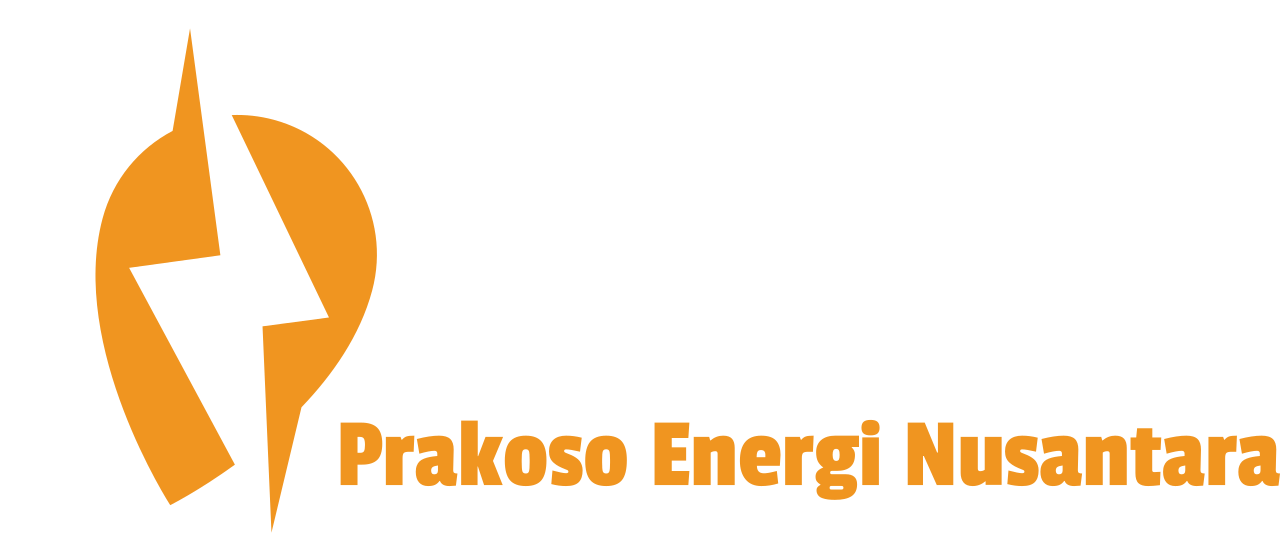You're right to focus on project management in the context of coal trading. It's a crucial aspect that ensures efficiency, profitability, and customer satisfaction. Here's how project management principles apply to coal trading:
1. Defining the "Project"
In coal trading, a "project" can be defined as a specific transaction or a series of transactions with a particular client, involving a defined quantity of coal, with specific quality requirements, delivered within a set timeframe and budget.
2. Key Project Management Aspects in Coal Trading
-
Scope Management: Clearly defining the scope of each transaction is essential. This includes:
- Coal type and quantity: Specifying the exact type of coal (e.g., specific calorific value, sulfur content) and the agreed-upon quantity.
- Delivery terms: Defining Incoterms (e.g., FOB, CIF) to clarify responsibilities for transportation, insurance, and customs clearance.
- Delivery schedule: Establishing clear delivery dates or windows.
- Payment terms: Agreeing on payment methods and schedules.
-
Time Management: Efficiently managing time is critical to meet delivery deadlines and avoid penalties. This involves:
- Scheduling transportation: Coordinating with trucking companies, railways, shipping lines, and port authorities.
- Managing documentation: Ensuring all necessary documents (e.g., contracts, invoices, certificates of origin) are prepared and processed on time.
- Tracking progress: Monitoring the progress of each stage of the transaction to identify and address any potential delays.
-
Cost Management: Controlling costs is essential to maintain profitability. This includes:
- Negotiating competitive prices: Securing favorable prices with both suppliers and buyers.
- Optimizing transportation costs: Choosing the most efficient transportation routes and methods.
- Managing storage costs: Minimizing storage costs by coordinating deliveries efficiently.
- Managing financial risks: Using hedging strategies to mitigate price volatility.
-
Quality Management: Ensuring the coal meets the agreed-upon specifications is crucial for customer satisfaction. This involves:
- Sampling and testing: Conducting regular sampling and testing of coal to verify its quality.
- Working with reputable suppliers: Establishing relationships with reliable suppliers who consistently provide high-quality coal.
- Addressing quality issues: Having procedures in place to address any quality issues that may arise.
-
Risk Management: Identifying and mitigating potential risks is essential to avoid losses. This includes:
- Price risk: Managing price volatility through hedging and other financial instruments.
- Logistics risk: Addressing potential disruptions to transportation (e.g., weather delays, port congestion).
- Counterparty risk: Assessing the creditworthiness of suppliers and buyers.
- Force majeure: Having contingency plans in place for unforeseen events (e.g., natural disasters, political instability).
-
Communication Management: Effective communication is essential to keep all stakeholders informed. This includes:
- Regular communication with suppliers and buyers: Providing updates on the progress of transactions.
- Coordination with logistics providers: Ensuring smooth coordination of transportation.
- Internal communication: Keeping all relevant departments within the trading company informed.
3. Project Management Tools and Techniques
Coal trading companies can use various project management tools and techniques to improve efficiency and effectiveness, such as:
- Project management software: Using software to plan, track, and manage transactions.
- Gantt charts: Using Gantt charts to visualize project timelines and dependencies.
- Risk registers: Maintaining risk registers to identify and assess potential risks.
- Key performance indicators (KPIs): Tracking KPIs to monitor performance and identify areas for improvement.
In summary:
By applying project management principles, coal trading companies like PT. Prakoso Energi Nusantara can effectively manage the complexities of coal transactions, ensure timely delivery, control costs, maintain quality, mitigate risks, and build strong relationships with their clients. This leads to increased efficiency, profitability, and a competitive advantage in the market.


